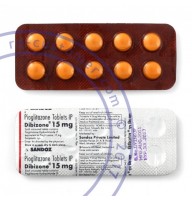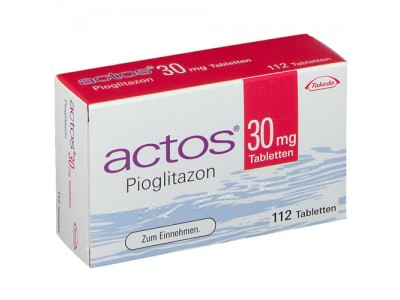Actos (Pioglitazone) is a medication used primarily to treat type 2 diabetes mellitus. It belongs to a class of drugs called thiazolidinediones, or TZDs. Actos works by improving insulin sensitivity in the body, which helps control blood sugar levels.
In individuals with type 2 diabetes, the body becomes resistant to insulin, the hormone that regulates glucose (sugar) in the blood. Actos helps to alleviate this resistance by making cells more responsive to insulin. This allows the body to more effectively use insulin to lower blood sugar levels.
Actos is typically prescribed as part of a comprehensive treatment plan for type 2 diabetes, which often includes dietary changes, exercise, and possibly other medications. It is usually taken orally in the form of tablets, once daily with or without food.
While Actos is effective in managing blood sugar levels, it is important to note that it may be associated with certain side effects. Common side effects include weight gain, edema (fluid retention), and an increased risk of bone fractures, particularly in women. Long-term use of Actos may also slightly increase the risk of bladder cancer, although this risk is considered low and remains a subject of ongoing study and monitoring.
Actos is not suitable for everyone, especially those with certain medical conditions such as heart failure or a history of bladder cancer. It is essential for healthcare providers to evaluate each patient’s individual health status and medical history before prescribing Actos.
Overall, Actos (Pioglitazone) plays a significant role in managing type 2 diabetes by improving insulin sensitivity, thereby helping to control blood sugar levels and reduce the risk of complications associated with diabetes when used as part of a comprehensive treatment plan.

